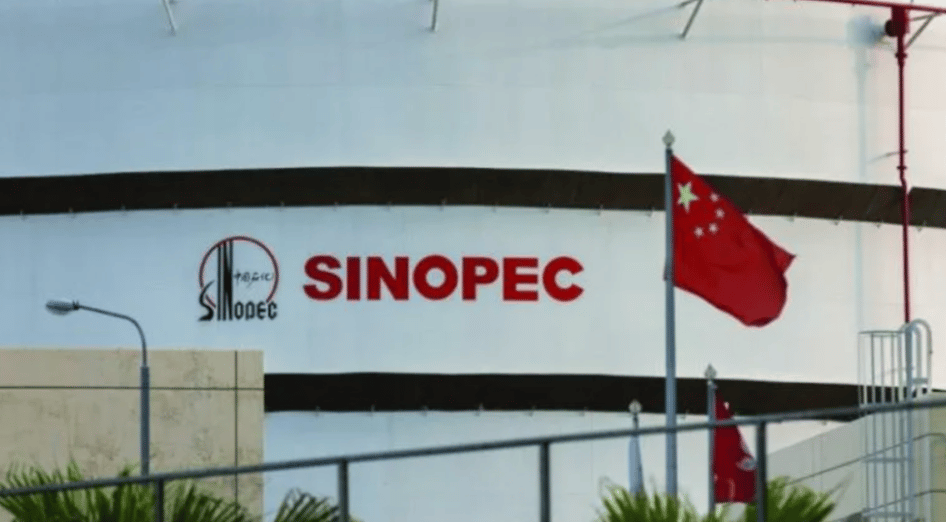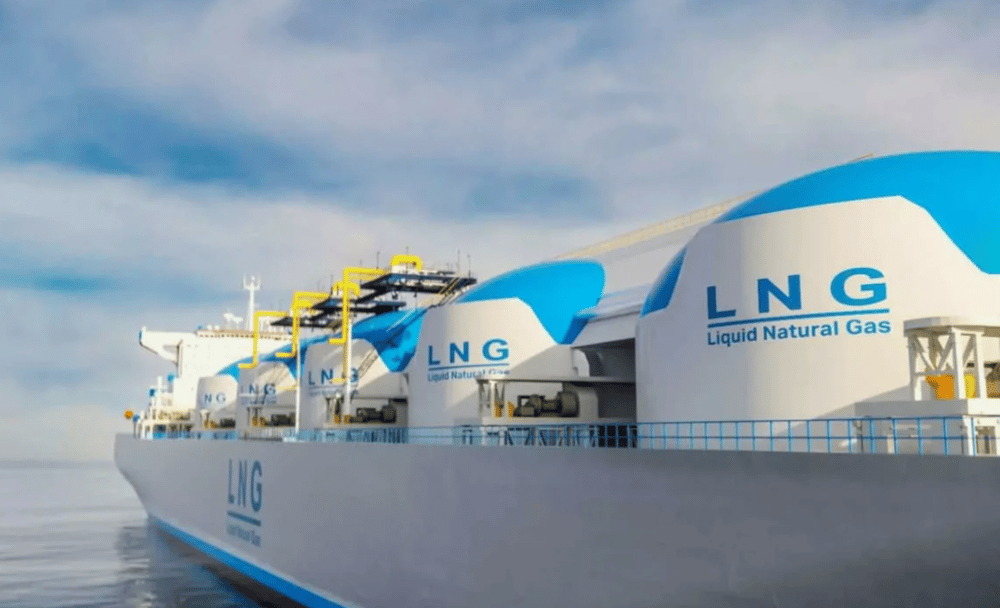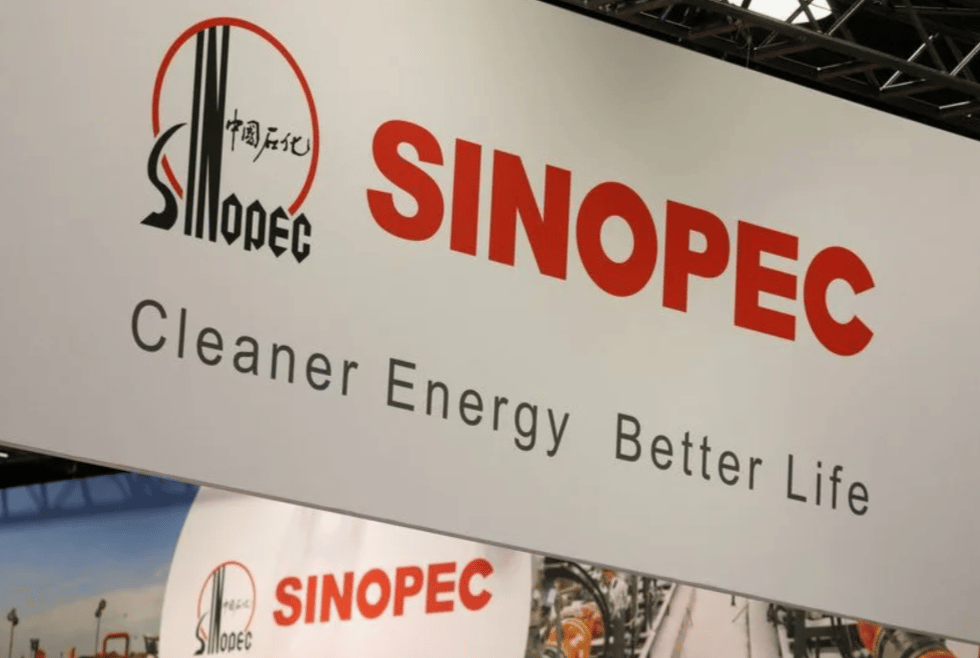APLNG and Sinopec Reshape LNG Deal: Long-Term Price Revision Impacts Origin Energy’s Earnings Forecast
In a pivotal development in the Asia-Pacific energy market, Australia Pacific LNG (APLNG) has agreed to revise the pricing terms of its long-standing liquefied natural gas (LNG) supply contract with Sinopec. The announcement, made by Origin Energy, reflects the outcome of a contractual price review that will significantly alter the Japan Crude Cocktail (JCC) linkage from January 2025 onward.
The renegotiated pricing formula, which affects the remaining 10 years of the original 20-year agreement ending in 2035, is expected to reduce Origin’s EBITDA contribution from APLNG by A$55 million (USD 35.4 million) for the six-month period ending June 2025. Despite this earnings impact, the move is seen as a proactive step to maintain competitiveness in the dynamic global LNG market.
Behind the Numbers: What’s Changing and Why
At the heart of the revision is the JCC slope—the percentage factor used to calculate LNG prices based on the Japan Crude Cocktail benchmark. By lowering this coefficient, the per-unit LNG cost for Sinopec is effectively reduced, offering relief amid a volatile energy pricing environment.
This development is particularly significant considering Sinopec’s substantial 7.6 million metric tons per annum (mtpa) offtake from the APLNG project in Queensland, where it holds equity alongside Origin Energy and project operator ConocoPhillips.

Forces Driving the Price Concession
A confluence of factors contributed to the restructuring of the LNG deal:
Market Rebalancing: Global LNG markets are adjusting to demand normalization following post-pandemic volatility.
Competitive Pressures: Buyers are leveraging long-term relationships to negotiate more favorable terms amid surplus concerns.
Strategic Partnerships: Origin and Sinopec’s cooperative approach underscores the importance of sustained collaboration in high-capex, multi-decade energy projects.
Price Index Evolution: The relevance of oil-indexed pricing (like JCC) is being re-evaluated as spot market influence grows.
Regulatory and ESG Trends: Energy firms are increasingly aligning with broader decarbonization goals and contractual flexibility expectations.
New Dimensions of LNG Pricing Strategy
The adjustment represents more than a financial recalibration—it’s a reflection of evolving industry norms where commercial agility and partner responsiveness are paramount. While Origin is set to absorb a short-term earnings hit, the revision may enhance long-term contract sustainability and operational alignment.

Broader Context Within the LNG Sector:
Demand from major Asian economies remains robust despite short-term fluctuations
Long-term supply contracts are increasingly incorporating periodic review clauses
Australia's LNG sector faces pressure from both domestic policy and international price competition
Chinese buyers continue to diversify and renegotiate their gas sourcing portfolios
Shifting dynamics in energy geopolitics influence bilateral trade terms
Navigating Energy Trade Realities
APLNG modifies contract terms with Sinopec
New JCC slope effective from January 1, 2025
Origin expects EBITDA hit of A$55 million H2 FY2025
Sinopec continues as key off-taker of 7.6 mtpa
Deal covers the remaining 10 years through 2035
Conclusion
The amended pricing agreement between APLNG and Sinopec marks a nuanced shift in the LNG trade landscape, highlighting how long-term contracts must adapt to changing market forces. While Origin Energy absorbs a modest short-term earnings adjustment, the move reinforces the resilience of strategic partnerships and the critical role of pricing flexibility in ensuring sustainable energy flows between Australia and China.















Comments
This development might set a new standard for automation’s place in technological advancements.